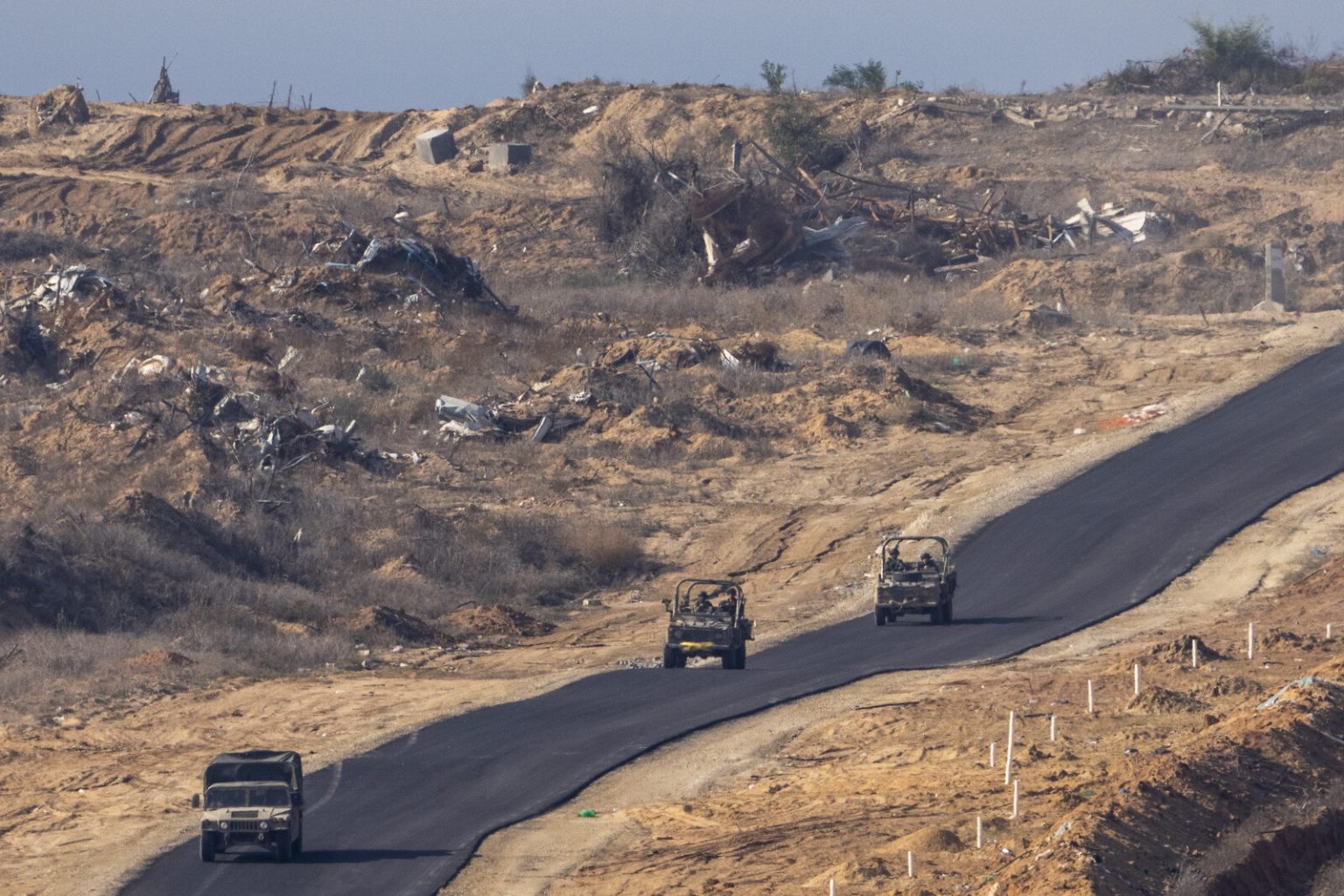The proposed concealment of Swedish-Israeli soldiers’ identities stems from a confluence of security concerns and the unique socio-political landscape they navigate. These individuals, often holding dual citizenship and serving in the Israel Defense Forces (IDF), find themselves at a precarious intersection of national loyalties and potential vulnerabilities. The primary motivation for concealing their identities is the fear of reprisal, both against the soldiers themselves and their families, whether residing in Sweden or Israel. The threat landscape includes potential harassment, discrimination, and even targeted violence from extremist groups or individuals opposed to Israel’s policies or the soldiers’ decision to serve. This fear is not unfounded, considering the documented instances of antisemitic incidents and anti-Israel sentiment globally, and the potential for such sentiments to escalate into concrete threats. Furthermore, revealing their identities could expose them to online harassment and doxing, leading to further security risks and psychological distress.
The complexities of dual citizenship contribute significantly to this predicament. While both Sweden and Israel recognize dual citizenship, the soldiers’ allegiance to both nations can be misconstrued or exploited by those harboring hostile sentiments. Serving in the IDF, while fulfilling a civic duty for Israeli citizens, can be perceived by some as a betrayal of Swedish neutrality or even as complicity in actions they deem objectionable. This duality creates a complex and potentially dangerous situation where the soldiers’ identities become a focal point for political and ideological clashes. The decision to conceal their identities, therefore, becomes a pragmatic measure to mitigate these risks and protect them from potential harm. It also safeguards their ability to integrate back into Swedish society after their service, minimizing potential social and professional repercussions.
The legal and ethical considerations surrounding the concealment of identities are multifaceted. While transparency and public access to information are fundamental principles in democratic societies, the need to protect individuals from potential harm can override such principles in specific circumstances. The balance between these competing interests is crucial, and any decision to conceal identities must be carefully weighed against the potential implications for transparency and accountability. Legal frameworks must provide clear guidelines for when such concealment is justifiable and under what conditions it can be implemented, ensuring that it is not used arbitrarily or as a means to suppress legitimate scrutiny. Furthermore, robust oversight mechanisms are necessary to prevent potential abuses and ensure that the concealment measures are proportionate to the identified risks.
The potential impact on the soldiers’ lives and their families is significant. Concealing their identities offers a layer of protection, allowing them to live without the constant fear of being targeted or harassed. It can also alleviate the anxiety experienced by their families, who might otherwise be concerned about their safety and well-being. However, this concealment can also lead to feelings of isolation and disconnect from both their Swedish and Israeli communities. The inability to openly discuss their experiences and contributions can create a sense of alienation and impede their ability to integrate fully into either society. It is crucial, therefore, to provide adequate support and resources to these individuals and their families, addressing the psychological and social challenges they might face due to their concealed identities.
The broader societal implications of concealing Swedish-Israeli soldiers’ identities warrant careful consideration. While protecting these individuals is paramount, it is essential to ensure that such measures do not inadvertently contribute to a climate of secrecy or mistrust. Open and honest dialogue about the challenges faced by dual citizens serving in foreign armies is necessary to foster understanding and prevent the further polarization of societal views. Transparency about the reasons for concealing identities, coupled with robust oversight mechanisms, can help maintain public trust and ensure that such measures are implemented responsibly. Furthermore, promoting intercultural dialogue and understanding can help address the underlying tensions that contribute to the need for such protective measures in the first place.
Ultimately, the decision to conceal Swedish-Israeli soldiers’ identities reflects a complex interplay of security concerns, dual citizenship complexities, and the need to protect individuals from potential harm. Striking the right balance between transparency and security requires careful consideration of the legal, ethical, and societal implications. Implementing robust oversight mechanisms and providing adequate support to affected individuals and their families are essential to ensure that these measures are applied responsibly and effectively. Furthermore, fostering open dialogue and promoting intercultural understanding can contribute to a more inclusive and tolerant society, ultimately mitigating the need for such protective measures in the long run.














